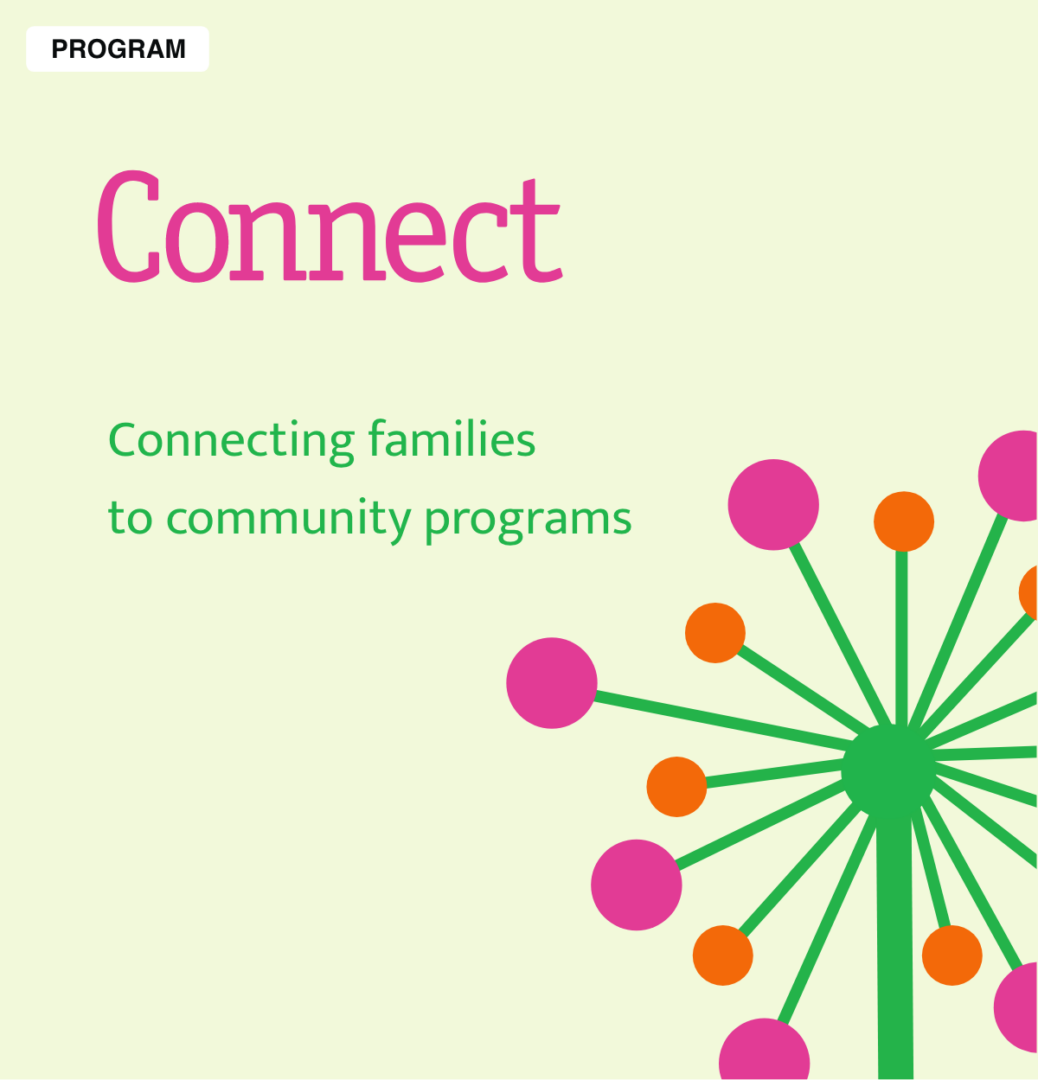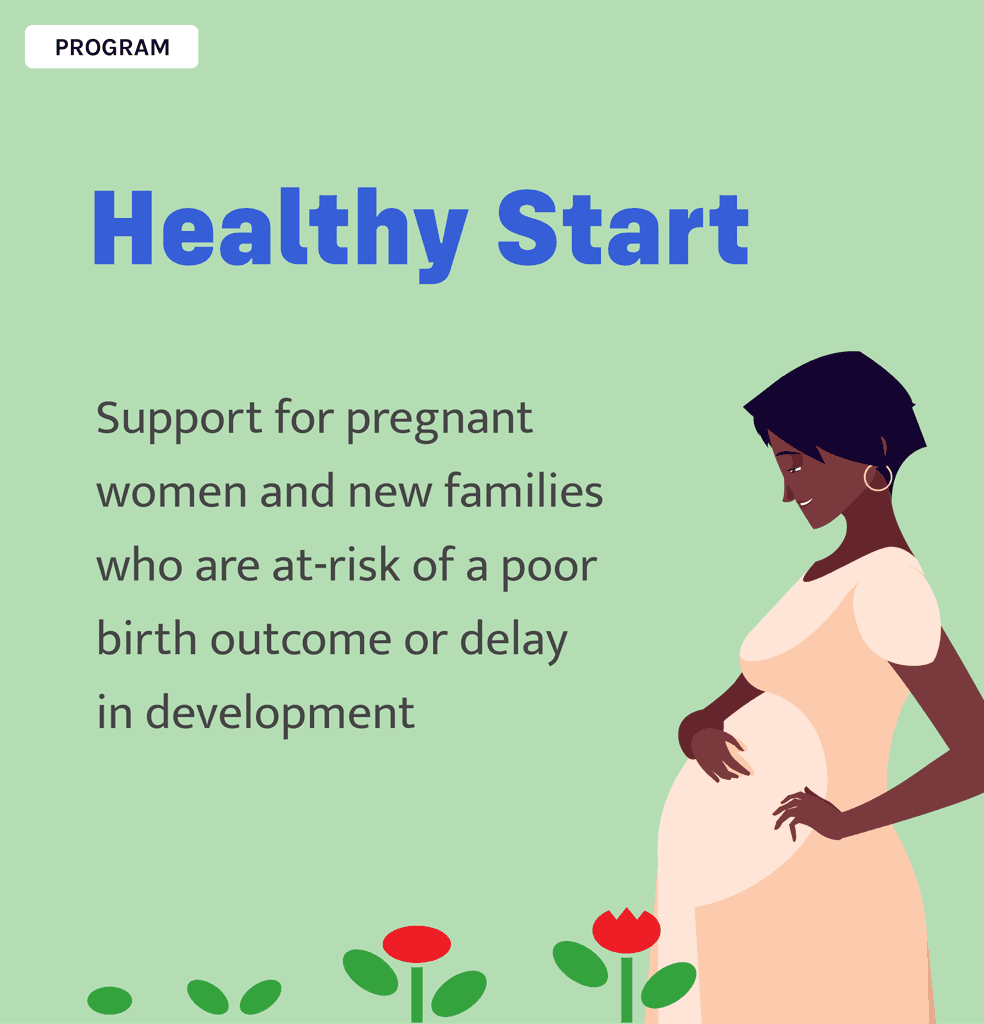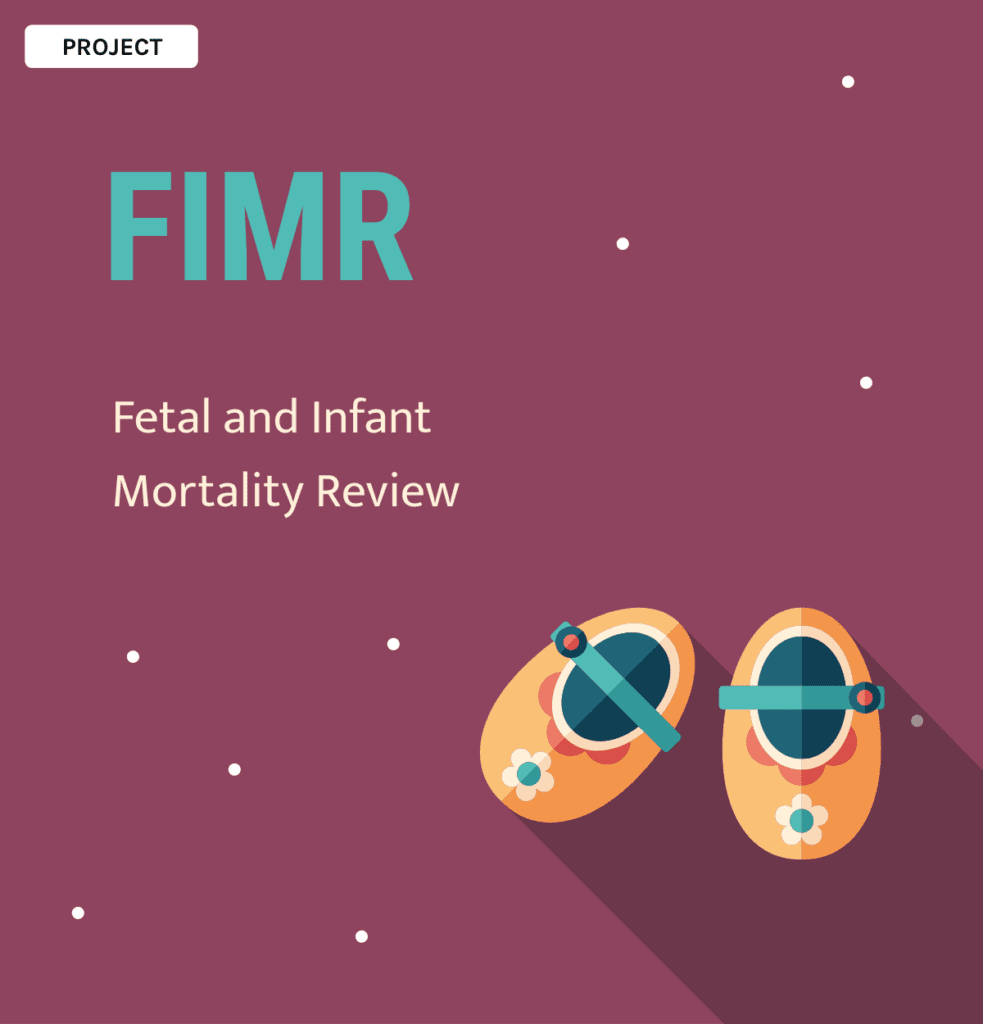Mother’s Corner
Preconception
A healthy pregnancy begins before you become pregnant. This is known as preconception health. It actually begins long before you even think about motherhood. It is important to learn what you can do now to make sure any future pregnancies are planned and healthy. All women can benefit from some basic pre-pregnancy planning. Women and men should prepare for pregnancy at least three months before getting pregnant. Some actions, such as quitting smoking, reaching a healthy weight, or adjusting medicines you are using, should start even earlier. In addition to talking to your doctor before you get pregnant, several important things you can do for preconception health are:
- Take 400 to 800 micrograms of folic acid every day if you are planning or capable of pregnancy to lower your risk of some birth defects of the brain and spine. This is available over the counter and may be part of a multivitamin you already take
- Stop drinking alcohol and/or smoking
- If you have a medical condition, be sure it is under control
- Talk to your doctor about any over-the-counter and prescription medicines you are using. These include dietary or herbal supplements
- Be sure your vaccinations are up to date
- Avoid contact with toxic substances or materials that could cause infection at work and at home. This includes avoiding chemicals and cat or rodent feces.
For additional information, follow these links:

Prenatal Care
Early and regular prenatal care helps keep you and your baby healthy during pregnancy. It involves physical exams and screening tests along with education and counseling about how to handle different aspects of your pregnancy. During your visits, your health care provider may discuss many issues, such as healthy eating and physical activity, tests you might need, and what to expect during labor and delivery. Be sure to attend all appointments and stay informed about your care and test results. Keep in mind that women with healthy habits are more likely to have healthy babies. If you are a smoker, it’s important to be informed and understand the risks associated while pregnant. You may visit the CDC’s website for more information by clicking below.
Choosing a Prenatal Healthcare Provider
You will see your prenatal healthcare provider many times before you have your baby. You want to be sure that the person you choose has a good reputation and listens to and respects you. Your provider should be willing and able to give you the information and support you need to make an informed choice about infant feeding methods. Ask your primary care provider, friends, and family members for recommendations. There are many factors to consider when making your choice such as the provider’s reputation, personality and bedside manner, gender and age, office location and hours, where you want to deliver, etc. If you would like help choosing a provider or need a list of providers, click here to search our local provider directory.
Choices in Childbirth
Many women have strong views about where and how they’d like to deliver their babies. Women can choose to deliver at a hospital, birth center, or at home, depending on their health insurance coverage. Make sure that the doctor or midwife you are considering can deliver your baby in the place you want to give birth. Whatever you decide, remember that you have options in your prenatal care and delivery of your baby.
Hospitals are a good choice for women with health problems, pregnancy complications, or those who are at risk for problems during labor and delivery. In a hospital, an obstetrician can do a cesarean delivery if you or your baby is in danger during labor. Women can get epidurals or many other pain relief options.
Birth or birthing centers are a good option for healthy women who are at low risk for problems during pregnancy, labor, and delivery. It is a more “homey” environment where health care providers try to make labor and delivery a natural and personal experience.
Maternal Depression

Baby Blues
Though pregnancy and having a new baby at home is supposed to be a joyous time, it is fairly common for women to experience baby blues in the days following childbirth. In fact, up to 80% of women report experiencing some symptoms of baby blues such as crying spells, mood swings, irritability and anxiety, difficulty sleeping, or changes in eating habits. They are likely related to rapid hormonal changes that occur after delivery along with being tired and a little anxious about caring for your little one. Not to worry – they usually resolve on their own within a couple of weeks. Having the support of your loved ones and getting plenty of rest is helpful in resolving the symptoms of baby blues. When symptoms continue past the first couple of weeks after birth or they are more severe or intense, you may be experiencing postpartum depression and will need some additional help to feel better. Postpartum depression can also show up a bit later in the months following childbirth and is more common in women who have a history of depression.
Signs of postpartum depression may include:
- Feeling restless or irritable
- Feeling sad, depressed, or crying a lot
- Having no energy
- Having headaches, chest pains, heart palpitations (the heart beating fast and feeling like it is skipping beats),
- numbness, or hyperventilation (fast and shallow breathing)
- Not being able to sleep, being very tired, or both
- Not being able to eat and weight loss
- Overeating and weight gain
- Trouble focusing, remembering, or making decisions
- Being overly worried about the baby
- Not having any interest in the baby
- Feeling worthless and guilty
- Having no interest or getting no pleasure from activities like sex and socializing
- Thoughts of harming your baby or yourself (This is an emergency – seek immediate help)
You are not alone. If you or someone you know is experiencing postpartum depression and needs help, please talk to your healthcare provider and call the Healthy Start Coalition of Miami-Dade for guidance on receiving help at (305) 541-0210.

Get in Touch. Get Involved.
You can make an impactful difference in Miami’s underserved children’s lives when you donate! Healthy Start Coalition of Miami-Dade’s revenue is derived in part from donations like yours!


